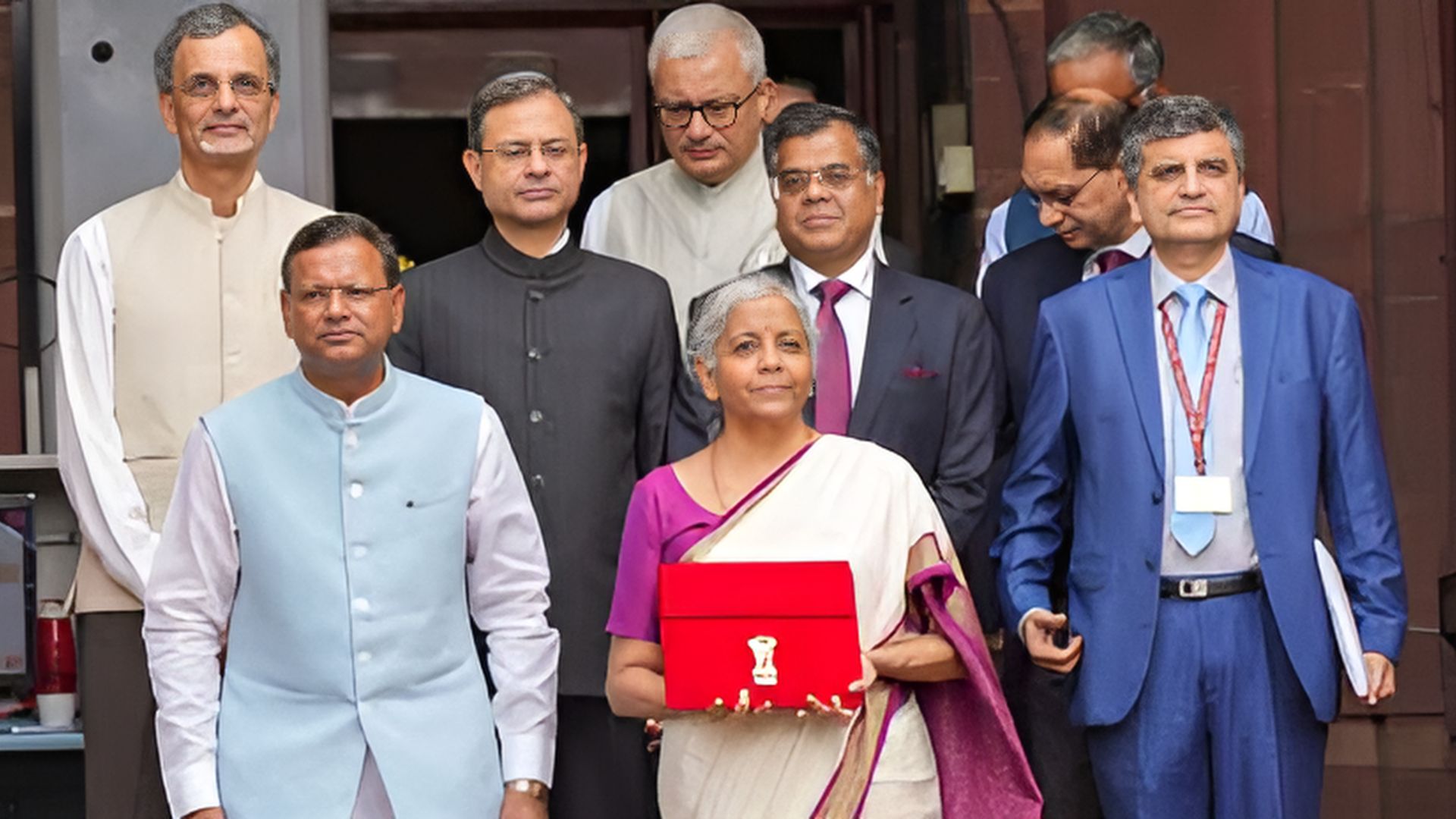
Finance Minister Nirmala Sitharaman announced a reduction of 15 per cent in the Basic Customs Duty (BCD) on mobile phones while presenting the Union Budget for the fiscal year 2024-25 in Parliament on Tuesday.
Along with mobile phones, the BCD on mobile Printed Circuit Board Assembly (PCBA), and mobile chargers will be lowered to 15 per cent.
Sitharaman said, “With a threefold increase in domestic production and almost a 100-fold jump in exports of mobile phones over the last 6 years, the Indian mobile industry has matured. In the interest of consumers I now propose to reduce the Basic Customs Duty (BCD) on mobile phones, mobile Printed Circuit Board Assembly (PCBA) and mobile charger to 15 per cent.”
The reduction in BCD is expected to make mobile phones and related accessories more affordable for consumers. By lowering the cost of imported components and finished products, the government aims to pass on the benefits to end-users, potentially leading to reduced retail prices. This move is anticipated to stimulate demand and increase the accessibility of mobile technology across different segments of the population. For the domestic mobile phone industry, the reduced BCD is likely to enhance competitiveness and encourage further investments.
Manufacturers can benefit from lower import costs for essential components, thereby improving their production efficiency and profit margins. According to the Worldwide Quarterly Mobile Phone Tracker by International Data Corporation, India’s smartphone market shipped 34 million units in the first quarter of 2024. This represented a year-over-year growth of 11.5 per cent, marking the third consecutive quarter of increased shipments.
Earlier, to bolster the Indian start-up eco-system, boost the entrepreneurial spirit and support innovation, Finance Minister Nirmala Sitharaman proposed to abolish the so-called angel tax for all classes of investors. This was a proposal from the industry for a long time, and this announcement will drive more investments towards startups in particular. Startups function as engines of economic growth, playing a crucial role in generating new jobs, ideas, products, and services.














